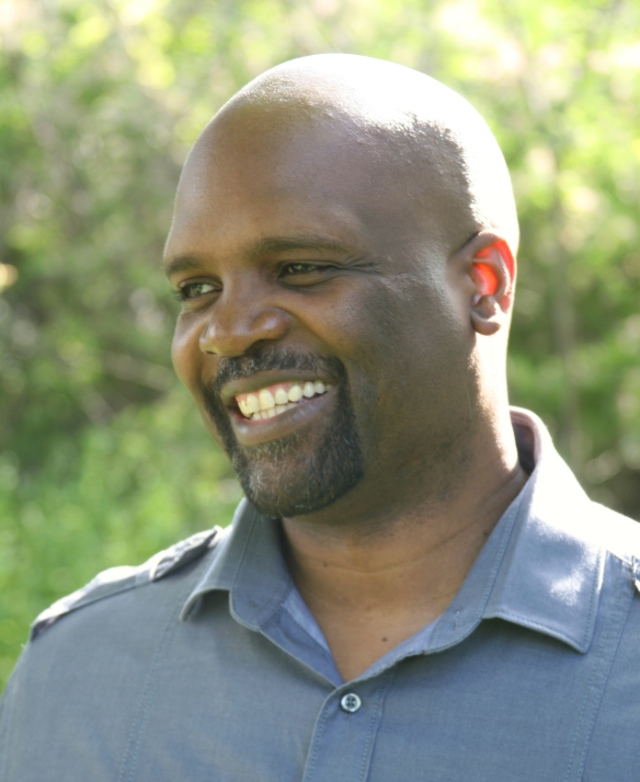In 2002, Buffalo State received a $1 million gift from Eleanore Woods Beals and her husband, Vaughn Beals, which was used to establish the first endowed chair in the history of the institution - the Woods-Beals Endowed Chair in Urban and Rural Education. Eleanore is a 1950 graduate of Buffalo State and a former teacher. Vaughn is the former chair of Harley-Davidson, Inc. The couple reside in Arizona.
In making the gift the Beals explained, "The current performance levels of our public school graduates versus those in other countries confirms the need for marked improvements in public education. Buffalo State's long and productive history, combined with the demographics of its student body (who come from a diverse range of rural, urban, and suburban communities) and its location in the city of Buffalo qualify it well to be a national leader in solving these problems. Buffalo State has already taken a leadership role by creating the Center for Excellence in Urban and Rural Education to identify and address these key issues."
Paul Theobald, a nationally known scholar and expert on the history and philosophy of rural education in the United States, was appointed the first Endowed Chair in Urban and Rural Education in 2004.
In June 2015, Jevon Hunter, assistant professor of elementary education and reading at Buffalo State, was appointed Woods-Beals Endowed Chair in Urban Education. Hunter, a native of Southern California, joined Buffalo State in fall 2010. He brought with him extensive experience in teaching and research into the needs of diverse student populations.
“It was immediately apparent in reviewing his record of research, scholarship, and dedication to teacher education that we had found the person who most perfectly matched the vision of alumna Eleanore Woods Beals and her husband Vaughn Beals in endowing this chair for the improvement of education in the city of Buffalo,” said Wendy Paterson, dean of the School of Education. “We are profoundly grateful for their generosity, since it gives Buffalo State a chance to provide leadership for the advancement of our knowledge and the improvement of our practice in urban education.”
Jevon Hunter is interested in understanding and addressing the issues unique to urban school systems in cities that, like Buffalo, were once heavily industrialized. “Buffalo, Rochester, Niagara Falls—these are all cities whose students are affected by a sense of diminished possibilities,” he said. Hunter hopes to establish applied research programs that will connect Buffalo State-based research with students from area school districts both in and out of the City of Buffalo. As the endowed chair, he will build coalitions between Buffalo State and colleges and universities such as New York University and Teacher’s College at Columbia, which will lead to an exchange of expertise and opportunities for our communities to contribute to the larger discourse on urban education. He works closely with students and teachers at the school to stimulate enthusiasm about literacy among students across different academic disciplines.
Hunter, whose life was strongly influenced by his family and a series of college professionals, has an urgent sense of purpose. “I want to pay it forward,” he said. “I want students from pre-kindergarten through high school as well as Buffalo State students to harness the necessary tools and sharpen them to become researchers and problem solvers of their own lived social realities. After all, shouldn’t that be one of the purposes of a meaningful education?”
 Jevon Hunter, is the Woods-Beals Endowed Chair for Urban Education in the School of Education and an Associate Professor in the Elementary Education and Reading Department at The State University New York, Buffalo State. Having received his doctorate from UCLA’s Urban Schooling Division, Dr. Hunter has spent over 15 years (and counting) working in urban communities and has taught students that span the K through 20 continuum. His teaching and scholarly interests explore the sociocultural dimensions of literacy learning, literacy pedagogy, and literacy education as they dis/mis/empower youth, their teachers, and families in urban environments. He pays particular attention to the ways culture, history, and language intersect with literacy and technology and the implications of this work on social justice, diversity, schooling equity, access, and excellence. Dr. Hunter presents widely at conferences and maintains an active publication agenda that serves to highlight the efforts of educators working in city neighborhoods within Western New York and beyond.
Jevon Hunter, is the Woods-Beals Endowed Chair for Urban Education in the School of Education and an Associate Professor in the Elementary Education and Reading Department at The State University New York, Buffalo State. Having received his doctorate from UCLA’s Urban Schooling Division, Dr. Hunter has spent over 15 years (and counting) working in urban communities and has taught students that span the K through 20 continuum. His teaching and scholarly interests explore the sociocultural dimensions of literacy learning, literacy pedagogy, and literacy education as they dis/mis/empower youth, their teachers, and families in urban environments. He pays particular attention to the ways culture, history, and language intersect with literacy and technology and the implications of this work on social justice, diversity, schooling equity, access, and excellence. Dr. Hunter presents widely at conferences and maintains an active publication agenda that serves to highlight the efforts of educators working in city neighborhoods within Western New York and beyond.